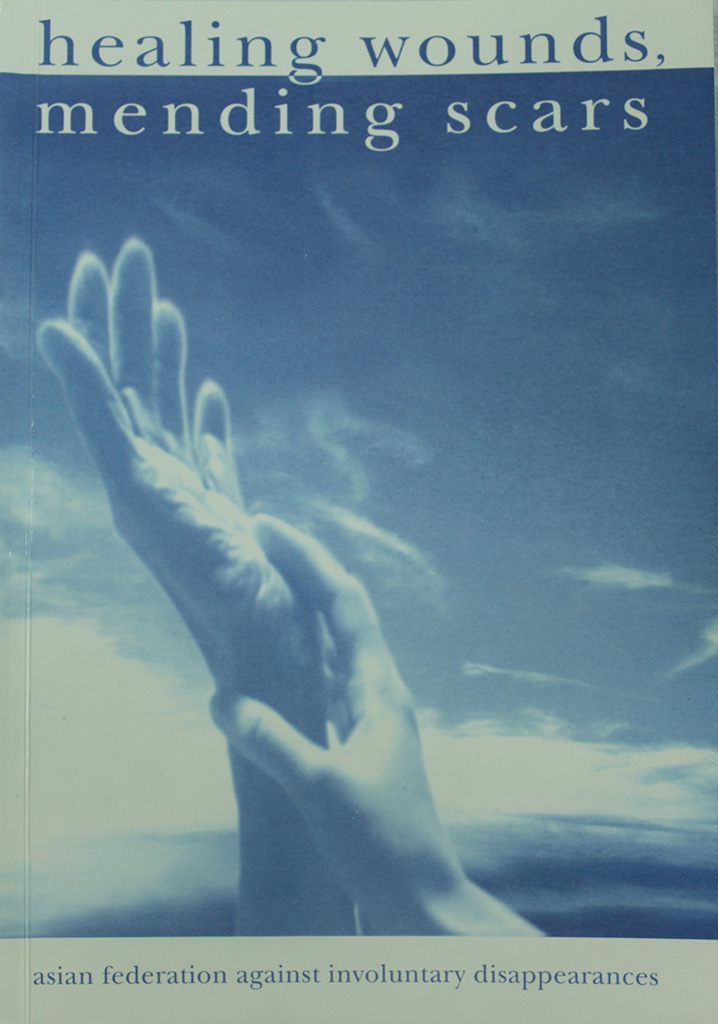Who was responsible for the poisoning of one of Indonesia’s bravest human rights advocates ?
Munir said Thalib had more enemies than he could count. The 38-year-old founder of KontraS, a hard-charging human rights watchdog, had challenged just about every powerful institution in Indonesia: the military, intelligence agencies , and government bureau and big businesses suspected of corrupt practices. In his six years with KontraS , Munir received numerous death threats. In 2003, someone threw a bomb in his house in Jakarta, although it caused no damage.
But Munir was leaving all of that behind, at least temporarily, when he arrived at Jakarta’s Soekarno-Hatta International Airport on the evening of Sept. 6. A Dutch university had awarded him a year-long scholarship to study for a master’s in international law, and Munir was in a buoyant mood when he boarded Garuda Flight 974 to Amsterdam. He sent an SMS to colleague and friend Rachland Nashidik that read “Please take care of the office and my wife and kids.” On a stopover to Singapore, a fellow passenger, Tarmizi Hakim, recognized Munir and introduced himself. “There was no indication he was ill,” recalls Hakim who is a heart surgeon. “He didn’t complain about anything.”
Three hours into the second leg of the trip, a flight attendant awakened Hakim and asked for assistance with a sick passenger in economy class. It was Munir. “He told me he’d been to the restroom six times in half an hour,” says Hakim. “His vomiting and diarrhea was acute. He seemed to be extremely restless and in severe pain.” Hakim gave Munir stomach medicine, but it had no effect. At one point , Munir asked the flight attendant if he could be down in the aisle next to the lavaratories. She put him in a seat nearby, and Munir drifted off to sleep. Hakim subsequently returned to business class, slept, and ate breakfast. A few hours before the plane was scheduled to land in Amsterdam, the purser asked Hakim to check on Munir, who didn’t appear to be breathing. The human rights activist was dead.
Two weeks ago, the Netherlands Forensic Institute in Amsterdam concluded that Munir had been killed in a massive dose of arsenic. Its autopsy revealed more than 460 mg of undigested arsenic in Munir’s stomach; a fatal dose according to Dr. Muni’im Idris , a forensic expert at Jakarta’s University of Indonesia/ Cipto Mangunkusumo Hospital, is anything above 200 mg. Friends and family reject the idea that Munir might have committed suicide. According to Jakarta-based Tempo magazine. Munir sent an SMS to his wife Suciwati from Singapore Changi Airport that read: “ I really can’t make this out. How come my tummy is so upset? I really hope it isn’t playing up again. (Munir suffered from ulcers). “ Hakim says that on the flight out of Singapore, Munir was convinced he had food poisoning. His family wonders how the poison could have been administered. He was with his family all day on his departure day, says Rachland. Munir had a hot chocolate at the Jakarta airport , but his wife took the last few sips and didn’t fall ill. When the family collected his personal effects from the Dutch authorities , they found that he had not changed or spent any money suggesting that he didn’t eat or drink anything during the layover in Singapore. Hakim asked Munir what he had eaten during the second flight and Munir replied that he only had some orange juice. “ He said he didn’t eat or drink anything unusual in Jakarta prior to departure, either.”
Munir’s colleagues and family members are now focusing on the first leg of the trip, from Jakarta to Singapore. Apparently, Munir moved from economy to business class, but the circumstances are unclear. The Indonesian government was slow to investigate , but following a vigorous campaign by Suciwati , the police announced that they have assembled a list of people to question , including Garuda flight attendants. President Susilo Bambang Yodyuhono met Munir’s widow last week and according to Suciwati, promised to name an investigative team. Garuda Indonesia commercial director Bachrul Hakim told Tempo “ We will be completely open to any investigation.”
Munir had been an activist since his law school days , concentrating on labor rights , a sensitive field during the rule of President Suharto . After Suharto’s ouster in 1998, two NGOs-an Islamic student organization and the Association of Independent Journalists –set up KontraS which stands for the Commission for Disappearances and Victims of Violence, and which examines alleged human rights abuses during the Suharto era. Three years later, he co-founded Imparsial, a human rights monitoring group . His highest profile campaign of late was lobbying against a bill for an expanded intelligence agency . Munir’s fellow activist wonder if he was involved in some new project that ultimately proved too dangerous. As a habit, Munir kept things to himself , Rachalnd says , especially when the matter was dangerous. Even in death, Munir hasn’t escaped his enemies on Nov. 20 , someone mailed his wife a decapitated chicken along with a note reading “Be careful!!!!! Do not connect the TNI ( an acronym for the Indonesian Armed Forces) to the death of Munir. Do you want to end up like this?” Contacted by TIME, a spokesman for the armed forces said that they would welcome an early conclusion to the investigation as the public would then know that they had nothing to do with the case. Reported by Zamira Loebis/ Jakarta.
REPRINT:
TIME Magazine
December 6, 2004 p.28

